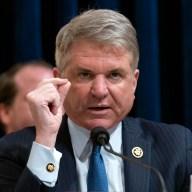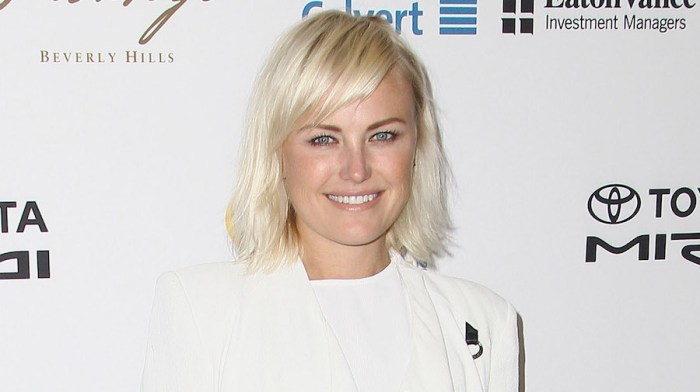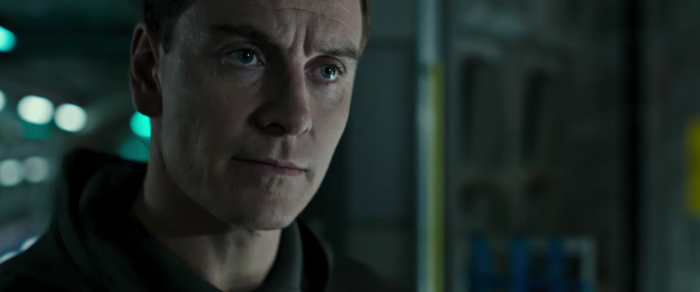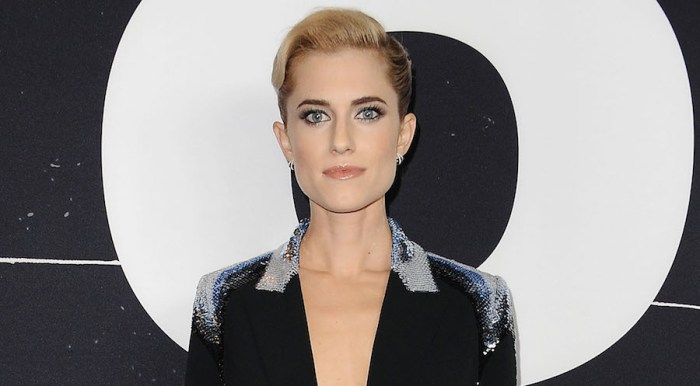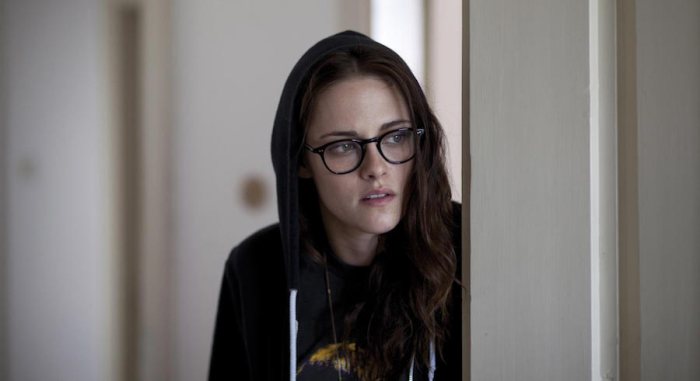Nicholas Pileggi had been a crime reporter for 30 years when his 1986 book “Wiseguy” — about a low-level mob associate-turned-informant named Henry Hill — came out. It was so authentic and often disarmingly funny that it convinced Martin Scorsese to break his vow that, after “Mean Streets,” he would never make another crime movie again. Pileggi and Scorsese collaborated on the script, and the result was “Goodfellas.” (The name “Wiseguy” was already taken by a then-TV show.) Since its release in 1990 it’s gone from a surprise hit and Oscar contender to an even loftier rep as an endlessly rewatchable and quotable classic. “Goodfellas” has recently been restored, heralding a Blu-ray reissue, and it plays for a week at Film Forum starting Friday. To commemorate the 25th anniversary, Pileggi — who admits he almost accidentally didn’t return Scorsese’s calls, having thought they were a prank by his New Yorker colleague, film critic David Denby — spoke to Metro about its authenticity, why Joe Pesci’s Tommy pronounces Henry as “Hendry,” who came up with the iconic “You think I’m funny?” scene and how Henry Hill reacted to its success. How did your collaboration break down?
I’d never written a script before. I never went to film school. He really was a teacher to me on writing the first draft. But I knew the language. And I knew the story. It’s a movie by both of us. An example: If you look at the book, or even the script, that scene where they go to the Copacabana, in the book it’s like two sentences, three sentences. You get it. You can’t write, “And then he saw another guy who’s eating a sandwich, and then they made a right turn, and the waiter nodded his head.” You can’t do that in a book. But Marty saw that in the book and saw that as a Steadicam shot taking the audience through the kitchen, up to the Copacabana. It’s an unbelievably seductive scene. That was all the director and the cinematographer. RELATED: Nicholas Pileggi comments on New York Post article claiming women don’t get “Goodfellas” Seeing as you were new to this, how did Scorsese mentor you when you started working together? He said, “Take the book and structure it the way you see it as a movie.” So that’s what I did. And he said, “I’ll do the same thing.” So we both did it. And we both kicked out his stint in the military, we both kicked out almost the same stuff. The storyline we came up with was come upon by the two us each independently. We both sat down and looked at each other’s outlines and we realized we had come up with the same outline. We both laughed. Were there notable ways the structure changed over the many drafts you two wrote?
The script doesn’t open the way it opens. It opens with him looking out the window at the cab stand. Basically the way the book opens. Once the structure was there Marty realized it was too slow. This is a gangster movie. He came up with the notion of starting it with the body in the trunk. Then you have the story take him up to the part where they kill Billy Batts, and the movie begins again from where it started. This way you start with this extraordinary, insane moment. The combination of narration and speedy exposition with lots of pop songs has been endlessly copied now, but “Goodfellas” invented it. Still, there’s a loose but firm structure to support what is basically a series of episodes. We saw the first part of the movie as him as a kid, like a Mark Twain character growing up in the mob. He’s Tom Sawyer in the mob. There’s good times and all the fun. It was a fantasy for that kind of kid growing up in that community. And then the middle of the movie, where he gets caught and goes to prison, even that’s kind of fun — until he comes up to the drugs. Once narcotics get into it, it kills that whole world they’re living in. And you see it. There’s that one scene that Marty has of Ray Liotta snorting coke. He raises his head and you see his eyes are pink and his flesh is a different color. From there on it’s a ride to the end. That was a metaphor for organized crime in America. Those early years of prohibition, it was fabulous. The cops were on the payroll, they opened nightclubs and speakeasies. By the ’60s narcotics began to come in. That was basically the end of organized crime as we knew it. Henry Hill’s story basically told that in the life of one person. He wasn’t a big guy in the mob at all. He wasn’t even in the mob; he was an associate who hung around and they liked him. RELATED: “Goodfellas” Blu-ray review: Classic remains hilarious and subversive There’s a lot of iconic lines in the film, but there’s also clearly a fair amount of ad-libbing. For instance, who came up with the famous “You think I’m funny?” scene?
I didn’t write that. I get a lot of credit for it. Sometimes I say I didn’t write I, sometimes I just don’t say anything. That was Joe Pesci. Somewhere he saw a couple wiseguys do that to each other. He whispered that to Marty when they were doing that shot. There was some dialogue there but not much. But Marty just shot it. Marty is basically a guerilla filmmaker. He loves getting on the street and shooting improv, and running from the cops. He’s still an NYU film major trying to shoot a movie without permits in the subway system. If he can do that in a movie he’s the happiest man in the world. It brings him back to all those years when he was learning how to make movies. If a guy like Joe wants to improvise, all the better. Joe knows as much about that world as anybody. So he improvised it. It’s one of the great pieces of improv you’ll ever see in a movie. Did Pesci improvise a lot?
A lot of times. It would sound better if he said it a certain way. There’s this thing where the actor playing the young Joe Pesci couldn’t say the word “Henry.” He said “Hendry.” Then I remembered when I was a kid in Bensonhurst there was a Henry that people called “Hendry.” I don’t know what it was. People for whom English was a second language, they would sometimes have these speech things. So Henry came out “Hendry.” We just left it in. You had to be in Bensonhurst on 79th St and New Utrecht Ave. to have heard that. Hardly anybody at the opening at the Ziegfeld had ever been to Bensonhurst. [Laughs] It’s that level of authenticity — aside from all his other talents — that lends a subliminal level of truth to his movies. There’s a lot of crazy stories about Henry Hill after the movie came out. What about after the book came out?
When the book came out, I hadn’t heard from him. So I asked him, “Did you read the book?” “No.” “We sent you a copy. Why didn’t you read it?” “What I got to read it for? I told you everything that’s in it.” That’s the mentality. Like, reading it would be duplicative, boring. I think eventually the sonofabitch read it. He loved the movie. Henry died a couple years ago, and he was the last of that whole world to die. Everyone else died in prison, or of cancer, or of heart attacks, though almost all of them died in prison. The marshal service as worried for him, because these were very vicious guys. Henry’s life wasn’t worth a penny. And yet the irony of ironies is he’s the one who outlasted them all. Hill used to actually go on Howard Stern and they’d have to bleep out him saying things that could have got him whacked.
When the movie came out he was on Howard Stern all the time. He would up going to Hawaii — true story — and he called me. He said, “Send me a box of books.” It turns out he was staying a hotel in Hawaii, on the beach, and he would go to the bar every day and tell everyone who he was. Marshalls are watching this guy. He’d tell them who he was, and then he wanted to sign books for the pretty girls. I said, “I ain’t sending you that, what are you out of your mind?” He said, “No, I got a marshal with me. Say hello to Nick.” So I sent a box of books to Hawaii. I get a call from the FBI. They said, “What the hell is Henry doing in Hawaii?” I said, “I don’t know, he’s over there with a marshal.” “He’s not over there with a marshal! That’s no marshal! That’s somebody he met at the bar and said it was his new bodyguard.” That’s who you’re dealing with. [Laughs] He was uncontrollable. We wrote a movie about how he’s uncontrollable. Why would he be controllable when the movie came out? “Goodfellas” begins a week-long run at NYC’s Film Forum starting Friday, June 19. It was also recently reissued on Blu-ray in a beautiful new restoration.
Nicholas Pileggi talks ‘Goodfellas’ and the real, crazy Henry Hill
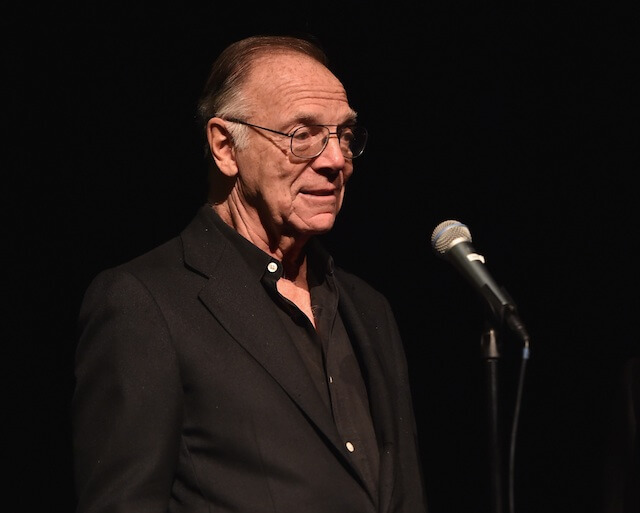
Getty Images
Follow Matt Prigge on Twitter @mattprigge








